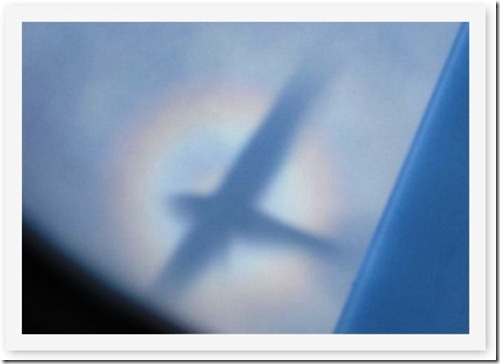We occasionally broke for photo ops, rest, and snacks on the way to Camp Rongai 2. Our guide, Minja, guided us with a quiet certainty but was rather unhelpful to us in getting our bearings. Minja spoke Swahili and a few words in English but was unable to communicate verbally or in hand gestures simple concepts like distance to the camp. At one moment he had us arriving 12 hours later at 8:00 p.m. and the next in just 25 minutes. Kay and I elected to take a short break for snacks before our final push to camp despite his reassurance that we were almost there. We ate a smorgasbord of snacks to give us the energy burst we needed to make one more push. The other climbers, Tom and Betty, and our tour lead August caught up with us as we wrapped up our makeshift picnic. Not a moment too soon; the weather had begun to put a real chill into us. We stopped together for a quick photo at Rongai Cave 1 (the second is located at Camp 2) before hauling ourselves to camp.
Camp 2 was nicer than the first one. The latrines are much nicer and don’t stink as much. Someone thoughtfully left a bucket of water in front of one for hand washing. Visibility was also than at Camp 1 because 2 is sheltered by a jagged ridge rimming the camp; the weather was cooler with a slight drizzle. To the north, I could see the downhill slope where we had climbed fade into the plains and wispy cloud cover. No fear of bugs or snakes at high altitudes. Time to rest and think and enjoy God’s creation. I thought about my family and wished they were here with me. I recalled that my wife camped at this very spot exactly one year ago. Oh how I wished she could have been with me. Unfortunately, our son was still too young to leave in someone else’s care for over a week, and it would not have been feasible for us to climb together. I remember how she bravely summited Kilimanjaro on the same route last year.
Porters pitched our tents and laid out our gear for us. Betty, Kay, Tom and I washed up and ate a small lunch of carrot soup, curry with fries, cole slaw, and fruit. No gourmet cooking up this high; you eat whatever will power you up the mountain! August told us that at this altitude you may be beset by headaches and a loss of appetite. Thankfully, none of had experienced the adverse effects of altitude sickness. Yet.
I slept most of the afternoon while my dedicated compadres acclimatized further up the trail. When my tent finally disgorged me I fell into the shadow of Kilimanjaro. The cloud cover had broken, revealing the flat-topped Kibo Peak in all its glory. Lacey folds of snow lay gently in crevasses created by long-melted glaciers that had raked the mountainside. The mountain disappeared behind the clouds 15 minutes later. It was as if the heavens had opened up for a quick peek. A brief glimpse of the incredible majesty of Kilimanjaro seems to say that only those who are worthy may behold her full beauty.
The rain returned en force following another hodgepodge dinner of soup, pasta, and something that looked like chunky sauce. We raced back to our tents and settled in for the night. Thus far the nights tested our collective patience. Kay and Betty had to put up with two nights of flooding inside their shared tent. Although mine was spared the worst of the onslaught, the discomfort of a bone chilling cold tent, hard and wet ground, and tight sleeping bag left me feeling sore and drained by morning. It makes for a quiet albeit austere sanctuary.
Lessons learned: Wear plenty of sunscreen at high altitudes and apply it frequently. Although I put 70-power sunscreen on the trail and the day was mostly overcast, my face burned because my sweat wore it off. Also, bring some Ben-Gay or another ointment to soothe aching muscles as well as a deck of playing cards to play with other climbers during frequent downtimes. Playing cards are portable and a nice diversion from climbing and shivering in your tent.



